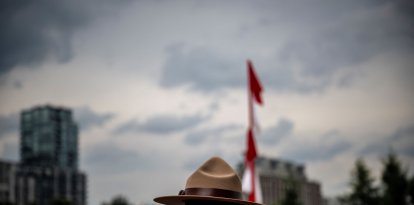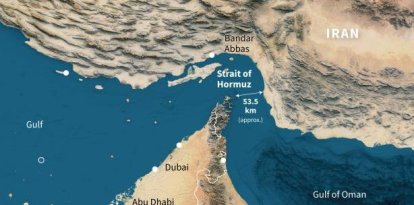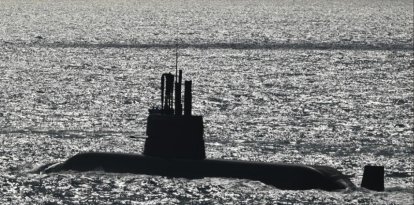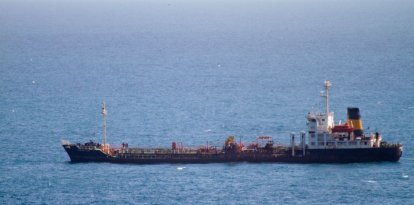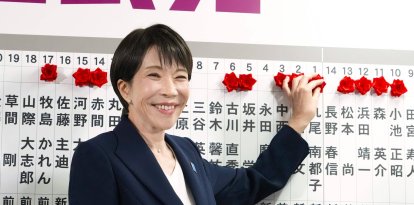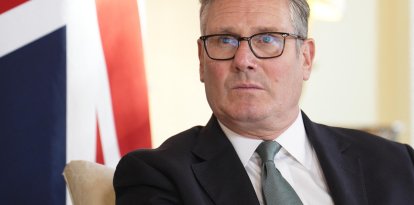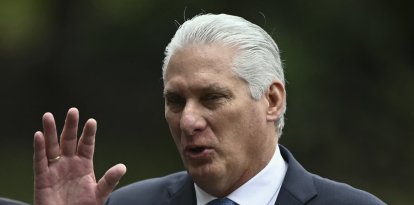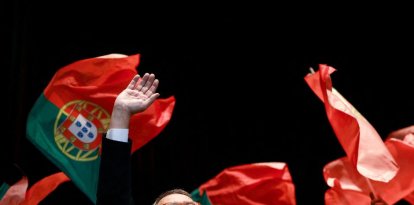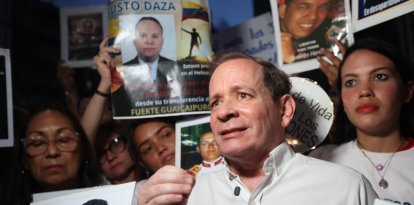Jeanine Áñez has been a political prisoner of the Bolivian government for three years
Leaders and international organizations have demanded the former president be released along with the more than 200 political prisoners from the Arce regime.
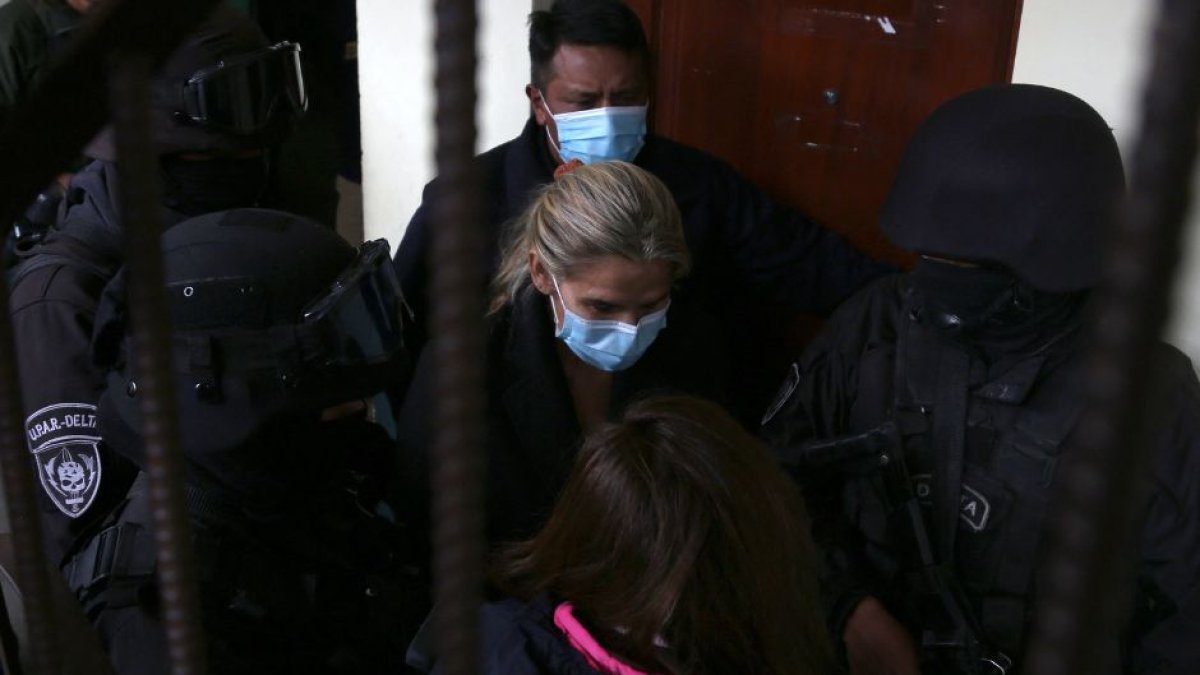
(Jeanine Áñez / Luis Gandarillas - AFP)
Three years to the day after she was detained, the former president of Bolivia Jeanine Áñez wrote a letter "from my cold cell, in this unjust confinement." She did it as best he could, in her own handwriting on some crumpled sheets of paper. This Wednesday Áñez published her distressing letter in which she writes about the three years of confinement she is serving in the Obrajes prison, in La Paz, due to the processes opened by the 2019 crisis.
The former president was arrested in March 2021, in Trinidad, when the authorities sent by Evo Morales broke into her house and accused her of several crimes, including violating official functions and genocide during the 2019 succession and for the events of Sacaba and Senkata, among other cases. Despite her status as former president and former senator, she was prosecuted by ordinary means and not by a liability trial as established by the Constitution and Law 044.
Añez became president after the political crisis unleashed by Evo Morales, which was triggered when the socialist leader refused to accept the result of the referendum that he had called. Morales resigned due to the social outbreak against him. Dozens of people died in just a month while protesting after elections that the international community deemed fraudulent. After leaving the country, several officials resigned from the president's administration. Añez, who was a senator at that time, assumed the presidency, per the chain of succession outlined in the constitution. Añez complied with the law and took office in the face of the power vacuum. She called for a new round of national elections. Morales' party returned to power with the current president Luis Arce as its vice president, an electoral model that Cristina Kirchner also used with Alberto Fernández.
In these three years, Jeanine Áñez even tried to take her own life because of the harassment and violence her family has experienced and due to the abuse that she has undergone since being in captivity.
Añez targeted Morales for causing the 2019 crisis: "The crimes committed in 2019 are the complete and exclusive intellectual and material authorship of Evo Morales and the leadership of the MAS government," she claimed. "Evo Morales is guilty of not complying with the popular vote (...) he is guilty of the electoral fraud of October 20, 2019 (...) he is guilty of omission of assistance," she added. She also criticized that Morales "abandoned his duties and fled the country" and that the current president Luis Arce is the "enhanced alter ego" of Morales. She also condemned the legislative body for being an extension of the executive body of Evo Morales' party, the Movement Towards Socialism (MAS).
Añez is currently facing several accusations. The Bolivian Public Ministry accused her of genocide for the "violent repression of protesters that caused deaths during the political crisis." Recently the Bolivian prosecutor's office has withdrawn the charges of sedition and conspiracy against her for the case known as Coup d'état I. The charges were dismissed because no evidence was found to support the crimes. She is still facing terrorism charges.
Many previous presidents of Bolivia as well as leaders and politicians from several Ibero-American countries, have spoken out about Áñez's situation. Evo Morales was not one of them. The Madrid Forum, from the Disenso Foundation, condemned her arrest and blamed it on the desire of Luis Arce's government to "hide the monumental electoral fraud perpetrated by Evo Morales in 2019." These irregularities were also condemned by the OAS and the European Union. A little over a year ago, a group of United States senators criticized the Luis Arce regime in Bolivia for attacking its political opponents This includes the case of Áñez as well as the governor of the province of Santa Cruz, Luis Fernando Camacho, and the more than 200 political prisoners in the Bolivian regime. Dick Durbin, Bob Menendez, Bill Cassidy, Ben Cardin, Tim Kaine and Jim Risch signed a joint statement condemning the actions of Arce and his party, calling them "petty political revenge on behalf of his predecessor (Evo Morales)."
In these three years, Jeanine Áñez even tried to take her own life because of the harassment and violence her family has experienced and due to the abuse that she has undergone since being in captivity. She has been deprived of sunlight and medical care. They have cut off contact with her family and she has been living in deplorable conditions. In the letter, without mentioning these facts, she points out that although she is facing physical abuse, "They will never, ever be able to with my freedom of thought." She asks for her rights and freedom to be restored. She also demands that the more than 250 political prisoners locked up by Arce be released. "Today, I am a prisoner, I have been kidnapped by this government," she concludes.













